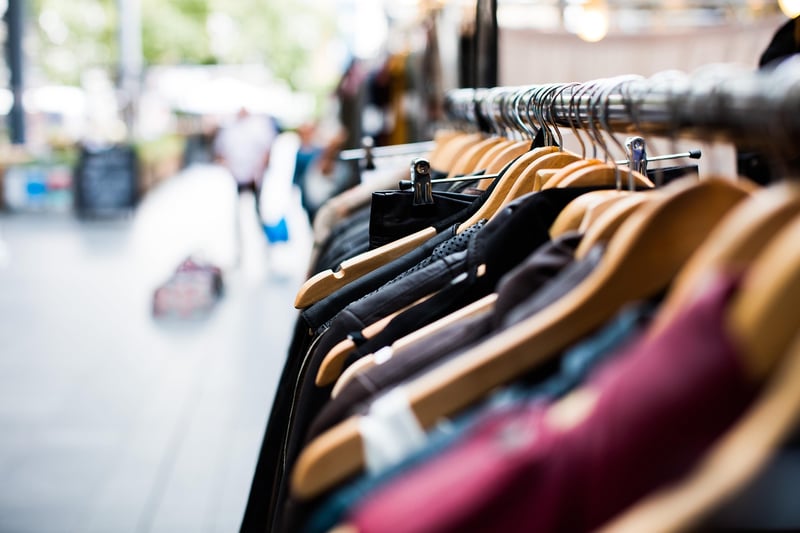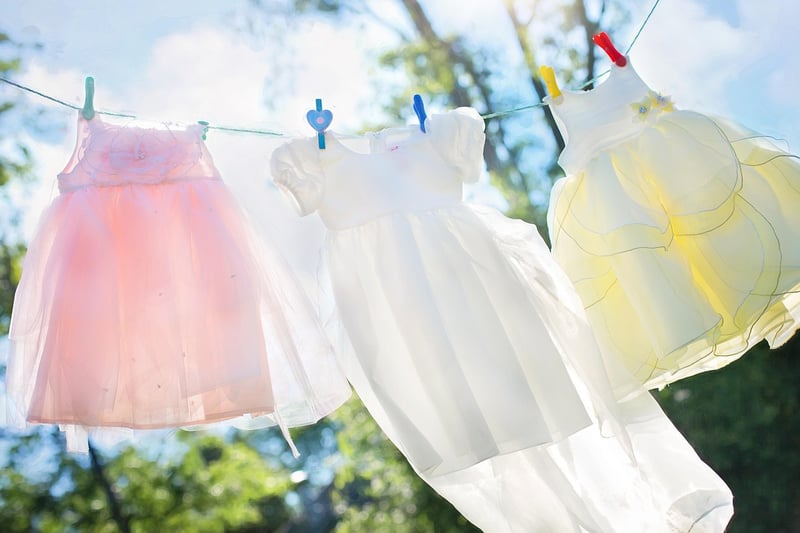Ethical Clothing
Fashion with an Eco-Friendly Twist: Embracing Ethical Clothing
In today's world, the fashion industry is increasingly focusing on sustainability and ethical practices. As consumers become more conscious of the environmental and social impact of their choices, the demand for eco-friendly and ethical clothing is on the rise. Embracing sustainable fashion not only helps protect our planet but also supports fair labor practices and promotes a more ethical industry.
The Rise of Eco-Friendly Fashion
With the rise of fast fashion, where clothing is produced rapidly and cheaply to keep up with trends, the environmental and social costs have become more apparent. From harmful chemicals used in production to exploitative labor practices, the traditional fashion industry has had a significant impact on the planet and its people.
Enter eco-friendly fashion, a movement towards more sustainable and ethical practices. This includes using organic and recycled materials, reducing waste through innovative design and production methods, and ensuring fair wages and working conditions for garment workers.
Benefits of Ethical Clothing
Choosing ethical clothing has numerous benefits, both for the consumer and the planet. By opting for eco-friendly garments, you are reducing your carbon footprint, supporting sustainable practices, and investing in high-quality pieces that are designed to last. Ethical clothing also often promotes transparency in the supply chain, allowing you to know where and how your clothes are made.
How to Embrace Ethical Fashion
- Look for certifications: When shopping for clothing, look for certifications such as Fair Trade, GOTS (Global Organic Textile Standard), or OEKO-TEX Standard 100, which indicate that the garment meets certain ethical and environmental standards.
- Shop from sustainable brands: Support brands that prioritize sustainability and ethical practices in their production processes. Many eco-friendly brands are transparent about their sourcing and manufacturing methods.
- Choose quality over quantity: Instead of buying cheap, disposable clothing, invest in high-quality pieces that are made to last. This not only reduces waste but also saves you money in the long run.
- Recycle and upcycle: Extend the life of your clothing by recycling or upcycling items you no longer wear. Donate old clothes to charity, participate in clothing swaps, or get creative with DIY projects to give new life to old garments.
Conclusion
Embracing eco-friendly and ethical clothing is not just a trend but a conscious choice towards a more sustainable future. By supporting brands that prioritize sustainability and making informed choices as consumers, we can all contribute to a more ethical and environmentally friendly fashion industry.

Remember, every purchase you make is a vote for the kind of world you want to live in. Choose wisely, choose ethically, and let your fashion make a positive impact!
